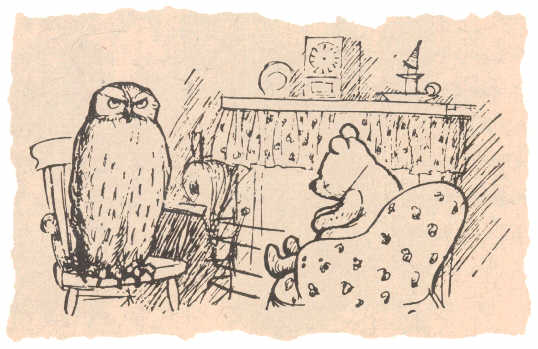
|
Freudian SlipsFreud in New EnglandPart of a talk given by Alan Lawson, Boston College, in 2004
|
The story of how Freudian psychology came to America is commonly told in terms of European emigré psychoanalysts residing in upper West Side Manhattan who analyze anxious Americans, dominate the practice of psychiatry, and apply Freudian concepts to social and literary issues.
But the title that commands me here is “Freud in New England,” not New York, and I intend to carry out my duty literally. Thus we must go back to the time before those New York emigrées arrived, a time when Sigmund Freud made his only trip to America. He did so in answer to an invitation in 1909 from G. Stanley Hall, the noted psychologist and president of Clark University, to join other prominent European and American scholars in giving a series of lectures to commemorate Clark’s 20th anniversary. Freud hesitated briefly, partly from a frugal reluctance to lose income from his practice in Vienna for several weeks, but at a deeper level because he shared the standard prejudice of the European intelligentsia that America was an outpost of crude materialism, religious oppression, and shallow thinking.
Freud was flattered by Hall’s invitation, but he liked to say that he really decided to accept because he had always wanted to see an American porcupine. Behind the joke Freud remembered that in the 1880s, when he was desperately poor and unappreciated, he had considered emigrating to America. Now, porcupine or not, he had the satisfaction of going as an honored and curious guest.
Freud’s trepidations persisted, nonetheless. As his liner entered New York harbor, his fellow invitees and disciples, Carl Jung and Sandor Ferenczi, exclaimed that they were bringing enlightenment to the New World. Freud replied glumly that they were really bringing the plague.†
The tour of the city that followed was an ordeal. Freud had a bout of indigestion in a restaurant and fainted. When he revived, he, Jung, and Ferenczi went for a walk in Palisades Park, where Freud accidentally peed his pants. Jung, in true overdeterminist Freudian style, seized on one of Freud’s own insights to claim that the indiscretion showed Freud was an ambitious man who wanted to call attention to himself. Freud protested that he just didn’t have time to get to one of those subterranean palatial marble men’s rooms Americans fancied.
Then, cleaned up, tired, and jangled, the three travelers boarded a train for the wilderness city of Worcester, where the local newspaper had hailed their coming with bumptious good humor. “Conference Brings Savants Together: Long-haired Type Hard to Discover” was the title of one feature story. Another, assuming a happy outcome, declared “Men with Bulging Brains have Time for Occasional Smiles.”
Everything was jovial at the Hall home, where Freud and his companions stayed. Jung wrote to his wife that the place was “furnished in an incredibly amusing fashion,” with boxes of cigars everywhere, pitch-black servants in dinner jackets, windows that reached the floor, doors open – including even the bathroom and front door – people running freely in and out, and, beyond, an English lawn that was also open – vast and unfenced. As for their hosts, Jung wrote that Professor Hall “received us with the kindest hospitality. He has a plump, jolly... and extremely ugly wife” who “took over Freud and me as her ‘boys’ and plied us with delicious nourishment and noble wine, so that [soon] we began... to recover.”
The formal proceedings were equally upbeat. Freud’s lectures were well attended and occasioned no objections such as he had suffered in Europe, even when he ventured his theory of childhood sexuality in the fourth lecture. Much to Freud’s delight, the famous William James attended one of the lectures. Afterward they went for a walk and James, wrapping his arm around the shoulders of Freud’s American apostle, Ernest Jones, proclaimed that Freud’s insights represented the future of psychology.
The celebration climaxed in the awarding of honorary degrees. Jung remembered Freud receiving his with tears of long delayed gratification glistening in his eyes. Then it was off with the family of James Jackson Putnam, Boston’s leading psychotherapist, to the Adirondack camp Putnam had bought with William James. In that remote Arcadia, Freud cheerfully wrote his wife, the group balanced discussions of the Clark sessions with hiking and picnicking. He mentioned an “amazing” new board game Putnam’s 12 year old daughter played with him, and added that his guides even found a porcupine for him to inspect.
On the return trip Freud, Jung, and Ferenczi excitedly discussed forming an international association that would build on the encouraging Clark experience. Once he was home, Freud drafted Putnam to head the American Psychoanalytic Association.
† Lacan visited Jung in Kussnacht, near Zurich, in 1954. Jung told Lacan how Freud had declared that he and Jung were “bringing the plague” to America when they reached New York, an anecdote which Lacan often repeated subsequently.